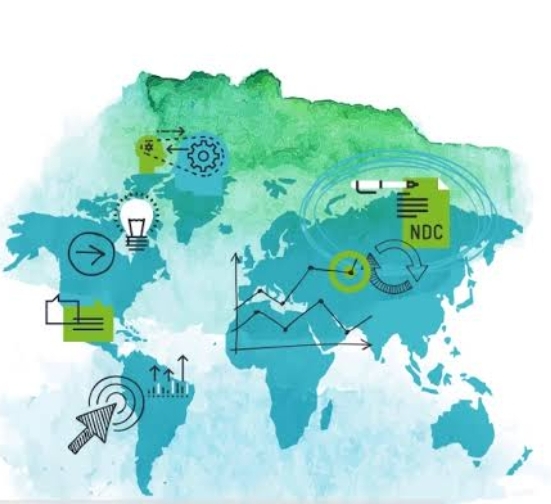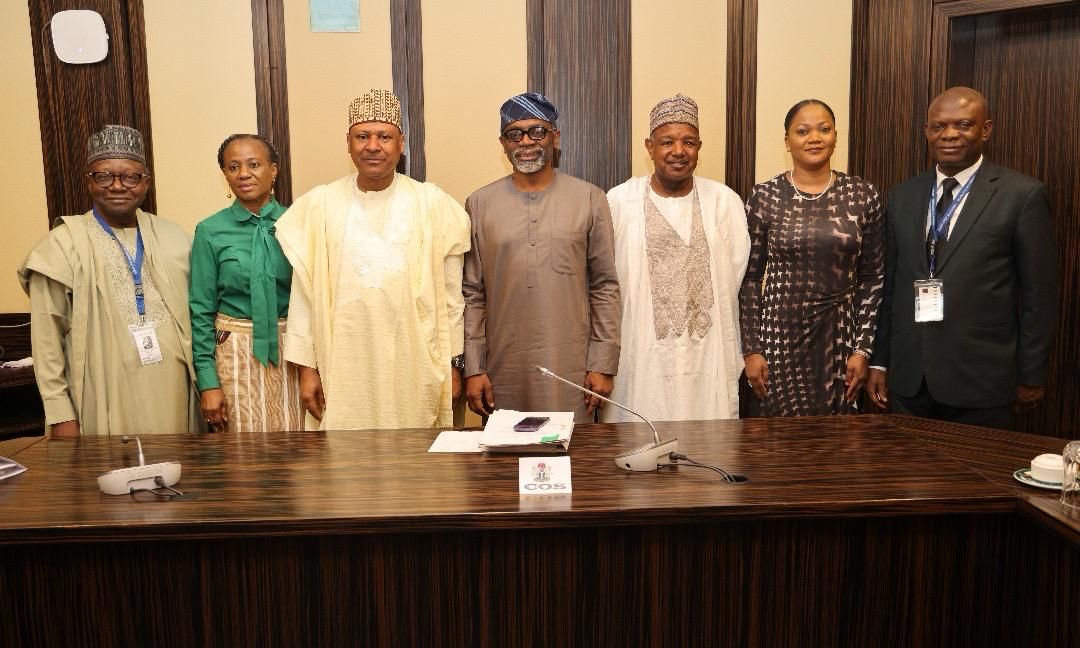COP29: UNFCCC Set to unleash 2024 Nationally Determined Contributions Synthesis Report

By Fatima Saka
Ahead of the 29th Conference of the Parties, the United Nations Framework Convention on Climate Change (UNFCCC) has disclosed to unveil the 2024 Nationally Determined Contributions (NDC) Synthesis Reports of all the treaties on Monday.
As a key assessment of the combined impact of current national climate plans on projected global emissions by 2030.
This report comes amid heightened urgency for more ambitious climate action to address the gap between current pledges and the targets required to limit global warming to 1.5°C.
According to the press release on Sunday, the report highlights the “stark but not surprising” finding that existing national climate plans are insufficient to avoid severe climate impacts. Fully implementing current plans would lead to emissions of 51.5 gigatonnes of CO2 equivalent by 2030—just 2.6% lower than 2019 levels. This falls drastically short of the 43% reduction the Intergovernmental Panel on Climate Change (IPCC) states is essential by 2030 to avert extreme climate impacts.
In light of these findings, the UNFCCC calls for a “new age of acceleration,” urging countries to adopt “bolder new national climate plans” next year. Such plans should meet an “ABC test,” which means they must be:
Ambitious, with economy-wide emissions targets that align with the 1.5°C goal,
Broken down by sectors and specific gasses, and
Credible, backed by regulations, laws, and funding mechanisms.
Next-generation NDCs should also prioritize adaptation, detailing investments to protect critical sectors, infrastructure, and people from climate impacts, and align with National Adaptation Plans. Additionally, these plans should extend targets to 2035 while strengthening 2030 commitments to drive deep emissions cuts within this decade.
The UNFCCC has announced a series of events for 2024 to support the delivery of new NDCs and engage the global public in the climate conversation, with further announcements expected at COP29.
COP29 is anticipated to be a pivotal event where governments are expected to build on pledges made at COP28, converting ambitions like tripling renewables and transitioning away from fossil fuels into concrete action to protect communities worldwide.
The NDCs established under the Paris Agreement serve as a cornerstone of international climate action, with each country setting unique targets based on its circumstances. However, the findings of this report underscore the urgent need for all nations to scale up renewable energy, strengthen adaptation measures, and accelerate transitions to low-carbon economies.





